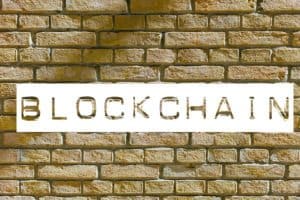
State Street, a Boston-based asset-management firm “responsible for more than 10 percent of the world’s assets” has reportedly abandoned an internal project that aimed to put the company’s investment book front end, accounting middleware and back end custody records onto a blockchain-like self-settling layer.
100 blockchain software developers have reportedly been “streamlined” in the adjustment.
“They are moving away from this giant in-house DLT initiative,” an internal source at State Street told Coindesk.
The decision to refrain from overhauling all internal systems using blockchain does not mean State Street is walking away entirely from digital assets or distributed ledger.
The source to Coindesk said the company has lately become, “more focused on digital assets, stablecoins, custody, and the USC initiative [the Utility Settlement Coin being developed by bank consortium Fnality].”
Ralph Achkar, managing director of digital products at State Street in London, confirmed the layoffs and said that the changes came about when State Street decided to outsource DLT (distributed ledger technology) services:
“I think the choice in approaching that space was, do we need to have all of these resources internally, or can we actually build partnerships and work with other providers in the market?”
Like a number who have gone before them, State Street appears to have realized that a lot of the legal and jurisdictional red tape in payments and asset settlement cannot necessarily be quickly scrapped by a triple ledger accounting protocol like blockchain/DLT.
“There is an innovator’s dilemma,” Achkar said, “What we recognize is that some of the processes that might appear to be inefficient in the market today are there for a reason.”
Blockchains have seemed appealing as a way of cutting costs because they can handle gross settlement at the same time as asset transfer.
But this does not necessarily mean that DLT’s can automate all aspects of oversight.
“We don’t believe that you are going to throw everything you have done away and replace it with new tech and everything is resolved,” Akbar said. “It’s hard to imagine it happening that way.”

